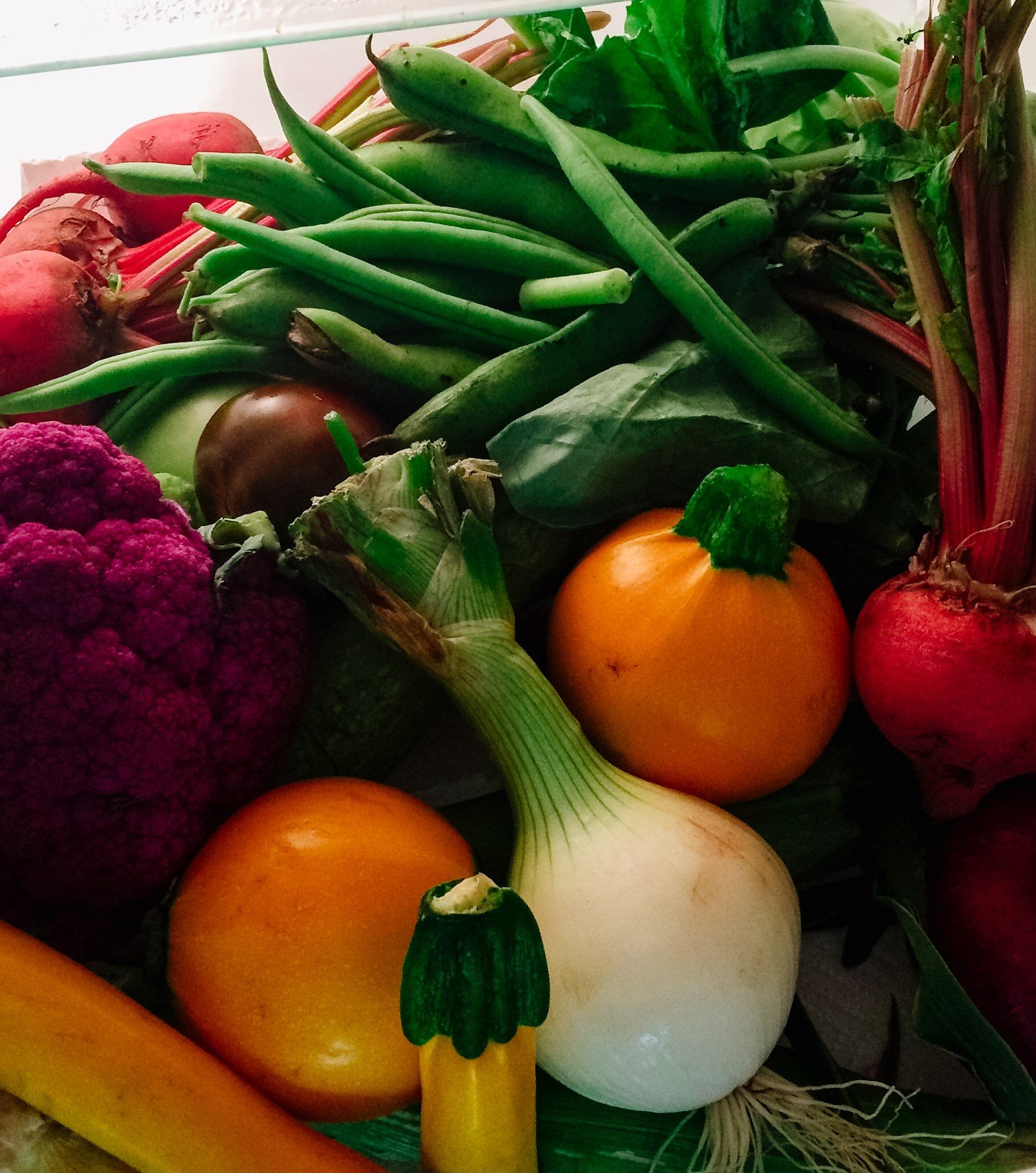Superfoods for Liver Health
This site contains affiliate links to products. I may receive a commission for purchases made through these links. However, this does not impact my reviews and comparisons. I highlight products I use and recommend to friends.
The liver is a powerful organ that has the ability to regenerate, so adding some more foods into your diet that supports this regeneration and prevents further damage is a great way to improve its funciton and your overall well-being.
Whether you already have liver problems you want to heal or are just trying to prevent future issues, it is never too late to focus on its health!
Maybe you’re trying to fight some sort of chronic health problem. Maybe you’re trying to lose some stubborn pounds. Chances are that if you focus on your liver health, you will see improvements! Because your liver plays a larger role in your health than you thought.
Please note I am not a physician, so this blog post should not replace medical care! I am just someone who discovered a liver virus the hard way and want to share the word about a widespread issue that many of us face. Hopefully you learn a bit here to not feel overwhelmed to talk to your doctor!
The reason is that the liver’s functions have a ripple effect through the rest of your body. Its three main jobs are (see the Cleveland Clinic for the actual medical language):
1. Filters and detoxifies.
A side note about detoxification in general: with all the pollution and junky stuff in processed foods, toxins get stored in fat cells, so the more fruits and vegetables and chlorophyll you get, the more that stuff gets flushed out.
In other words, you have to get rid of these toxins in fat cells before you can burn it!
2. Produces stuff your body needs, like the enzymes to burn fat.
Yes, fat burning begins with your liver.
3. Stores nutrients and glycogen. (Your muscles aren’t the only place glycogen is stored!)
In order to stay as healthy as possible, your liver needs to be able to retain as much of the good stuff in your food as possible, while also taking out the trash (i.e. #1 in this list).
Since these are important functions to keep you healthy and help other parts of your body heal and operate efficiently, it is important to feed your liver things to keep it working smoothly.
The following foods are powerhouses for supporting your liver in its detoxification duties, protecting & repairing liver cells, and preventing fatty accumulation (in alphabetical order so as to not play favorites):
Artichokes.
Artichokes promote the growth of new tissue (the liver has the powerful ability to regenerate). They also lower inflammation and oxidative stress on the organ.
If you are one of the millions of Americans with fatty liver, artichokes have also been linked to improved liver function for those suffering from the disease.
Avocado.
If you have liver problems, there is a good chance you are deficient in glutathione, an antioxidant that helps with detoxification. Avocados are also a major source of glutathione.
This fruit also contains nutrients that lower inflammation – vitamin E in particular drives this. Not to mention the healthy fats, which help with cholesterol levels (making life easier for your liver).
Beets.
When I started building my liver healthy diet, probably the food that popped up the most in my research was beets.
Beets lower inflammation and oxidative damage in your liver. They also increase your detox enzymes. They are a liver superfood that help repair and prevent liver damage. The juice in particular provides these benefits.
If you don’t have a juicer or want to go searching for a bottle of it (beet juice isn’t as common as orange juice, after all), beet juice powder or chews are great options. They’re easy, portable (no one wants to spill beet juice in their bag), and are available flavored if you don’t like the taste of beets.
Blueberries.
The berry that is consistently linked to helping out essentially every part of your body is loaded with antioxidants that slow the growth of fibrosis and protect the liver from damage.
Broccoli.
Fiber helps the body detoxify, so it is critical for a healthy liver.
This cruciferous veggie (which is obviously loaded with fiber) may improve enzyme levels and protect from liver damage.
Chlorophyll water.
Chlorophyll helps your liver rid your body of toxins building up.
Yes, the thing you learned about in your fifth grade science class is your body’s best friend too! Chlorophyll essentially does the same thing for the human body as it does for plants.
It acts like your red blood cells, so this is almost like a blood transfusion. Hemoglobin in your red blood cells carries oxygen in your blood just like chlorophyll does within plants. The increased oxygenation does wonders for your body, including things like extra energy, better skin…and improves liver function!
Also, like many plant-based natural little miracles, it has antioxidants, fights inflammation and cancer, and is linked to lower blood pressure.
Coffee.
It turns out your morning coffee habit is good for your liver! We often forget that coffee has a lot of antioxidants so had a host of total health benefits (as long as you don’t overdo it). For your liver, it prevents the buildup of fat, helping curtail fatty liver disease. It also lowers inflammation courtesy of those antioxidants that fight the free radicals that damage liver cells.
Grapefruit.
Grapefruits have antioxidants that can help protect the liver from damage. They have a positive effect on enzymes that burn fat, which can help prevent fatty liver. It also helps reduce inflammation.
If you had too much wine last night, grapefruit may also help expedite alcohol elimination and reduce the negative effects of alcohol.
Lemon.
Lemon water is good for so many things, but starting off your day with a glass is particularly good for your liver.
Lemons can help repair damage caused by alcohol. They may also help improve enzyme levels, and the potent dose of vitamin C helps your body produce glutathione!
Olive oil.
Lowers inflammation, liver fat, and is associated with improved enzyme levels.
Salmon.
This fish lowers inflammation, liver fat, and improves triglyceride levels.
Adding these things to your daily diet is easy and delicious. Plus, in focusing on foods you need, you won’t be thinking about things that will clog up your liver with fat deposits and damage its cells (i.e. added sugar, excess salt, saturated fat, and of course, alcohol).













